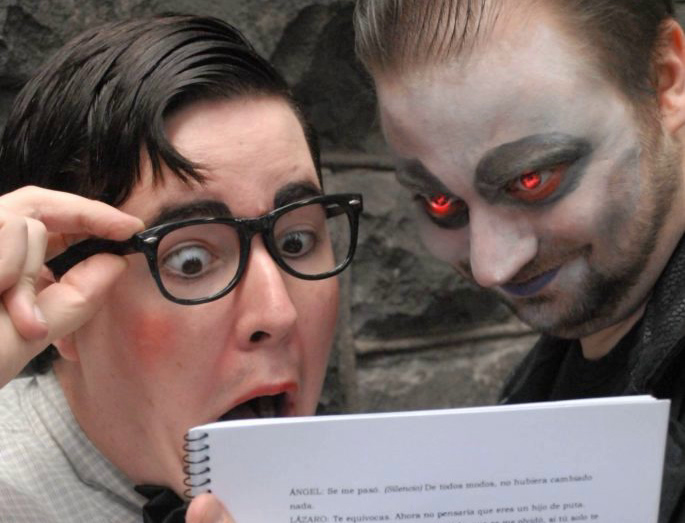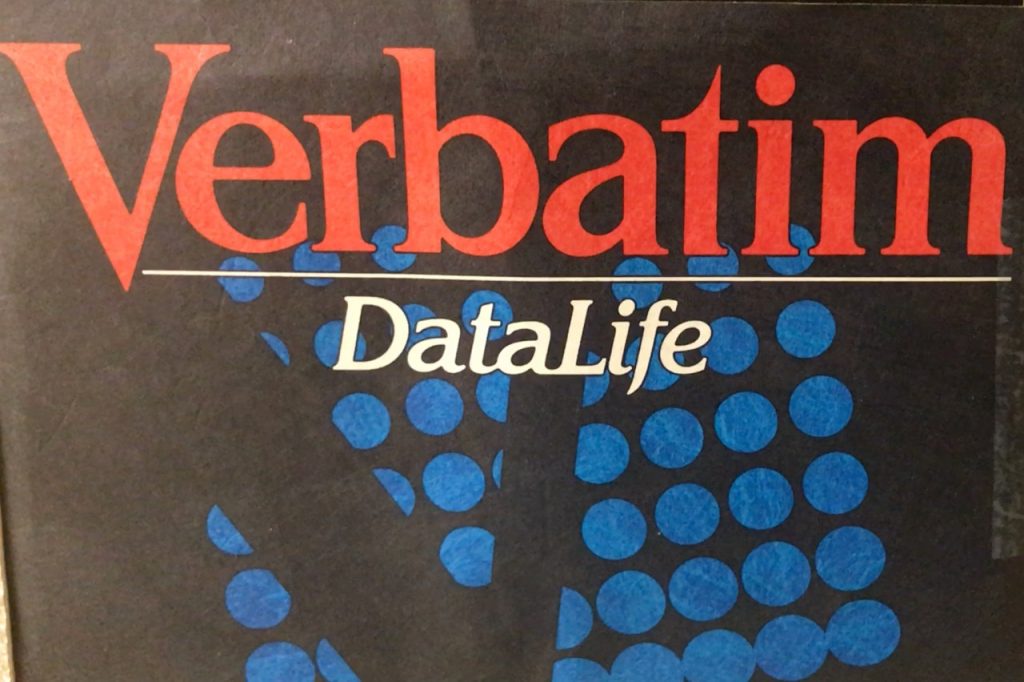Diction
What is Diction? Diction is a writer or speaker’s choice of words the appropriateness of words given the rhetorical situation, especially audience and topic a scale, a measure, of the formality of the occasion: It’s commonplace to categorize discourse into three measures of formality: formal, standard, informal the accent, pronunciation, or speech-sound quality of a ...








